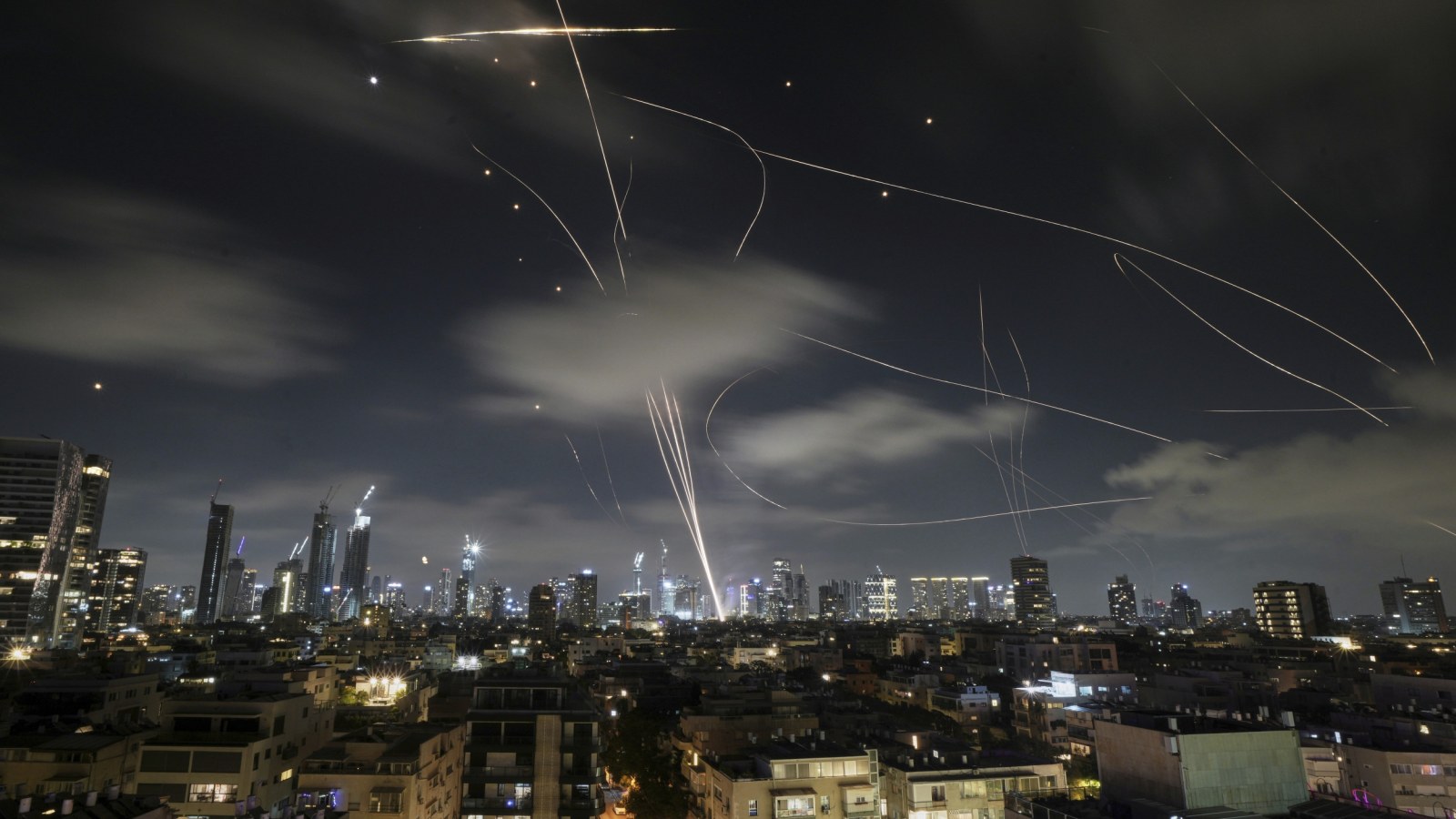Israel cites urgent threat; U.S. intelligence sees no active weapons program
Israeli leadership continues to assert that Iran is advancing rapidly toward developing a nuclear weapon, justifying recent military action targeting Iranian infrastructure. Prime Minister Benjamin Netanyahu claims Israeli intelligence shows Iran is secretly working to weaponize uranium.
“The intel we shared with the U.S. clearly indicated a covert plan to build a bomb,” Netanyahu said. He cited enriched uranium stockpiles as proof of Tehran’s intentions.
Washington remains cautious about conclusions
Despite Israeli claims, American intelligence agencies maintain that Iran has not resumed a formal nuclear weapons program. The Director of National Intelligence testified in March that Iran’s Supreme Leader has not authorized nuclear weaponization since halting the program in 2003.
President Trump, however, diverged from that view, stating he believes Iran is closer to a bomb than U.S. agencies suggest. His comments mark a shift in tone, signaling a more assertive posture toward Tehran.
Uranium stockpile grows, but weaponization uncertain
The International Atomic Energy Agency confirms that Iran has accumulated uranium enriched to 60%, edging closer to weapons-grade material. Analysts caution that enrichment from 60% to 90% is a short technical leap, but additional steps—such as weapon design—are still required.
Israel’s airstrikes have reportedly delayed Iran’s capabilities by damaging critical nuclear facilities and eliminating key scientists. “The attacks likely extended the timeline for Iran to develop a weapon,” said nuclear expert David Albright.
Military dynamics evolving
Following the strikes, the Trump administration emphasized that the U.S. was not directly involved but provided Israel with air defense support. Initially, Washington appeared to permit Israel’s actions without full engagement.
Israel now seeks access to the U.S. GBU-57, a powerful bunker-busting bomb capable of striking fortified sites like Iran’s Fordow facility. The U.S. has not agreed to this request.
Fordow is buried deep within a mountain and houses advanced uranium enrichment infrastructure. Experts note that even with the GBU-57, destroying the site would require precise, repeated strikes.
Next steps remain uncertain
The divergent assessments by Israel and U.S. intelligence create strategic ambiguity. With diplomacy fragile and military options on the table, the situation remains fluid.
Ongoing developments will test whether the U.S. remains committed to a containment strategy or shifts toward deeper involvement in preemptive actions.



